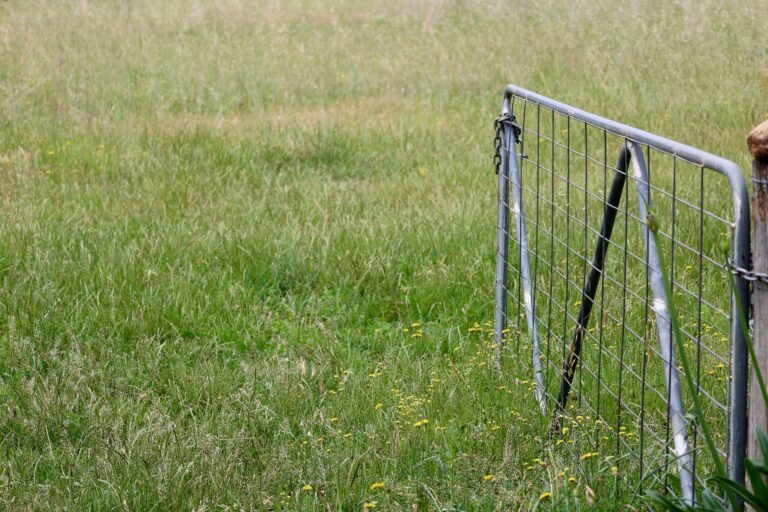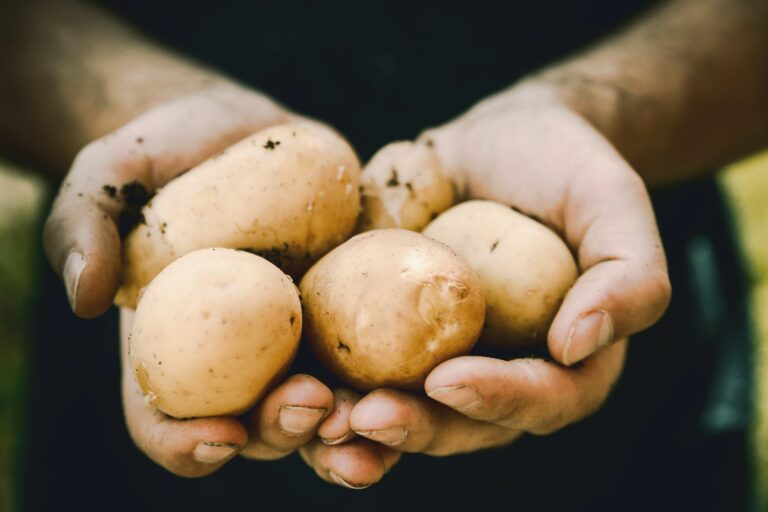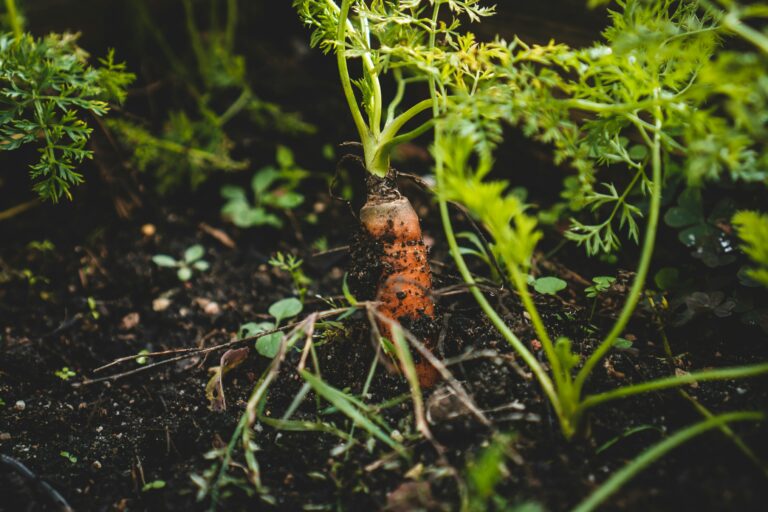February our farms are typically bustling with various activities as it is during the peak of summer. If your new to the land or need a little inspiration, here are some ideas to get to in February:
- Harvesting: Depending on the crops being grown, February may be a time for harvesting various fruits and vegetables. This could include crops like tomatoes, cucumbers, zucchinis, capsicums, beans, and melons, among others.
- Planting: Some crops are planted in February to take advantage of the warm weather and longer daylight hours. Farmers may sow seeds or transplant seedlings for crops such as sweet corn, pumpkins, eggplants, and various herbs.
- Irrigation: With the hot and dry conditions typical of February, irrigation becomes essential to keep crops adequately watered. Farmers may need to monitor soil moisture levels and adjust irrigation schedules accordingly to ensure optimal plant growth.
- Weed and Pest Management: Weeds and pests can thrive in the warm weather of February, posing a threat to crops. Farmers may spend time cultivating fields to control weeds manually or using mechanized equipment. Additionally, they may implement pest management strategies such as applying organic or chemical pesticides if necessary.
- Maintenance: Farm equipment and infrastructure require regular maintenance to ensure they remain in good working condition. February may be a time for servicing tractors, repairing fences, maintaining irrigation systems, and other routine tasks to keep the farm running smoothly.
- Livestock Care: Farms that raise livestock may focus on tasks such as feeding, watering, and monitoring the health of animals. In hot weather, providing shade and adequate ventilation becomes especially important to ensure the well-being of livestock.
- Soil Management: Farmers may implement soil management practices such as cover cropping or mulching to improve soil health and fertility. These practices help conserve moisture, suppress weeds, and enhance soil structure, which benefits crop growth.
- Planning and Preparation: February is also a time for farmers to plan for the upcoming seasons. This may involve reviewing crop rotations, ordering seeds and supplies, and developing strategies for mitigating risks such as extreme weather events.
Overall, February is a busy time on farms in Mullum, with a focus on maximising productivity while also maintaining the health and sustainability of the land.
For help or guidance on land maintenance and to maximise your yield, make sure you connect with the Mullum Co-Op – we’re here help and grow with you.




